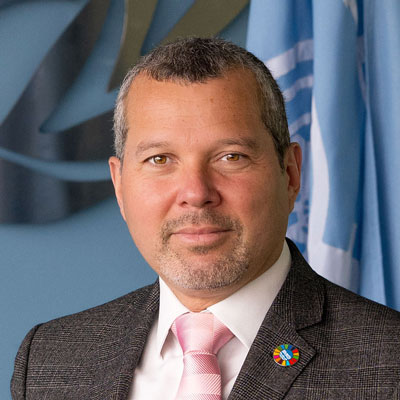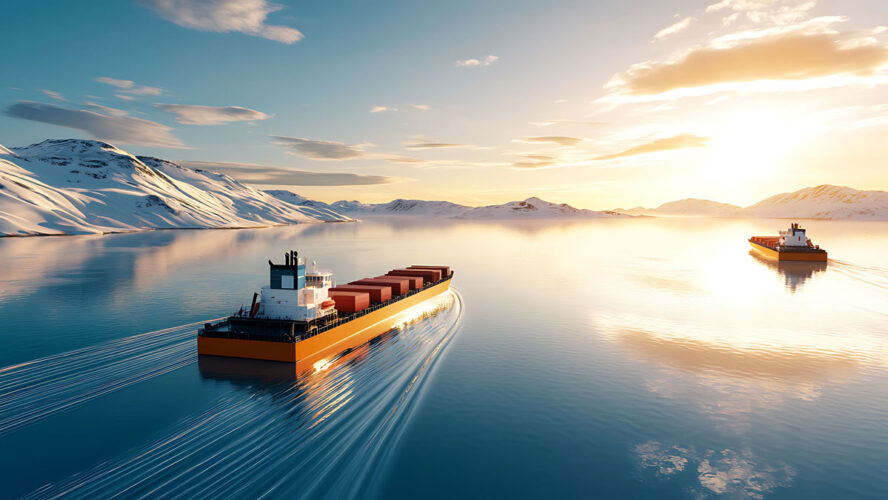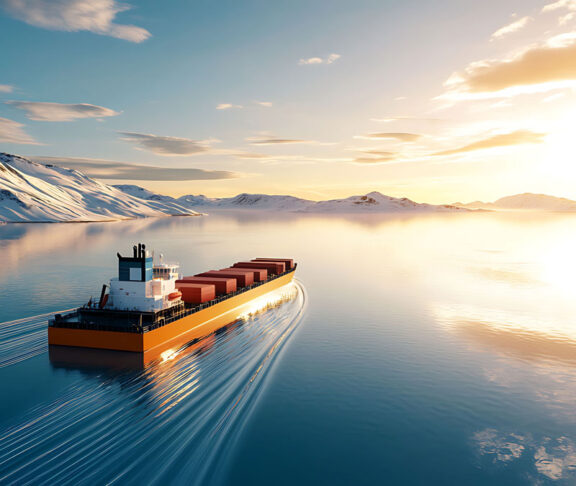
Arsenio Dominguez
Secretary-General, International Maritime Organization
The world’s eyes are on shipping as the industry reorients systems, infrastructure and mindsets to cut harmful emissions. The transition to net zero offers huge opportunities for innovation, with alternative fuels and technologies gaining momentum.
Innovations must be both sustainable and safe, particularly for the people who deal with them directly at sea. Without proper precautions, some fuels can be dangerous and even deadly. That’s why fuel safety is a priority for the International Maritime Organization (IMO).
Protecting seafarers and cargo
IMO’s Maritime Safety Committee constantly reviews and updates its regulations and guidelines to ensure international safety standards keep pace with new fuels and technologies, protecting seafarers, ships and cargo. Member States are assessing a range of alternative fuels and technologies — from biofuels, ammonia and hydrogen to batteries — carefully considering risks, hazards and gaps in regulations, as well as ways to address them.
To date, the Committee has approved interim guidance for ships using ammonia, methyl/ethyl alcohols, LPG and fuel cells, with further work underway on hydrogen and low-flashpoint oil fuels. The Committee is beginning a review of the 1981 Code of Safety for Nuclear Merchant Ships to reflect advances in nuclear technology.
It is clear that decarbonisation will
reshape shipping, with impacts on the
environment and the global economy.
Preparing the workforce is equally critical
Research by the Maritime Just Transition Task Force suggests that at least 450,000 seafarers will require additional training by 2030 and more by 2050. To meet this demand, the Maritime Safety Committee has approved interim guidelines on training for seafarers on ships using various alternative fuels and technologies. Fuel and technology-specific guidance is in development.
IMO is working with the Maritime Just Transition Task Force, developing training frameworks to ensure no seafarer is left behind. In parallel, Member States, with input from a wide range of stakeholders, are reviewing the International Convention on Standards of Training, Certification and Watchkeeping for Seafarers (STCW, 1978) so that revised requirements include safety training for all seafarers working with alternative fuels and new technologies.
Decarbonisation that safeguards people
It is clear that decarbonisation will reshape shipping, with impacts on the environment and the global economy. Beyond technical progress and regulation, the focus must be on safeguarding the people at the centre of global trade.

